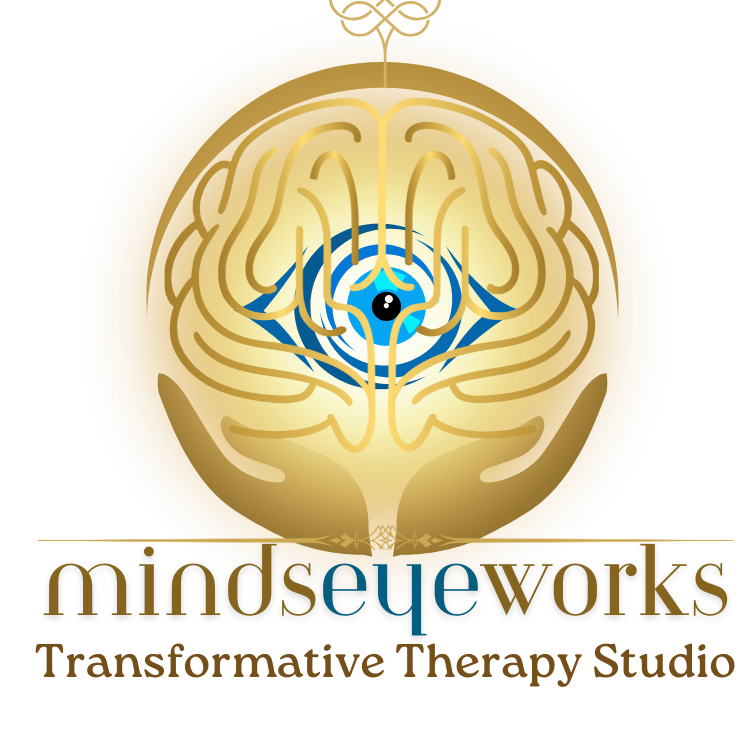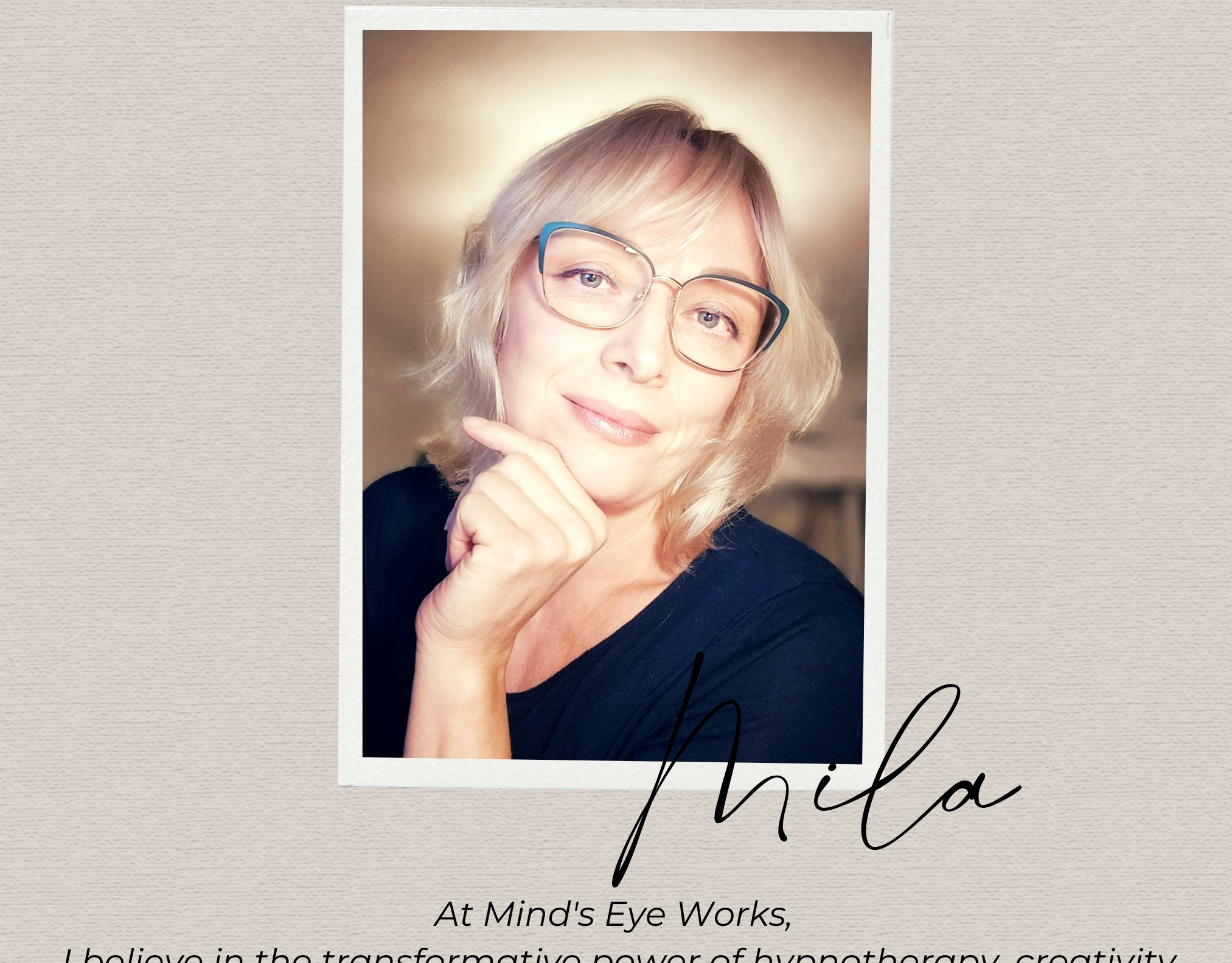Q&A
Is hypnosis safe? Hypnosis is generally considered a safe therapeutic approach. It's a state of focused attention and relaxation, not a loss of consciousness. You're always in control of your thoughts and actions.
Can hypnosis be used for children? Yes, it can be a practical and positive experience. Children are often good candidates for hypnosis because their imaginations are vivid, and their unconscious minds are open to suggestions. This can make it easier for them to respond to hypnosis and access their unconscious minds, which can lead to quick results.
What exactly is the process for anchoring positive experiences?
Anchoring is a technique used in hypnotherapy to associate a specific emotional state or experience with a particular stimulus, such as a touch, word, or image. In solution-focused hypnotherapy, this is often used to reinforce positive outcomes and make them more readily accessible in the future.
What to Expect in a Session?
Expect smiles:) A typical SFH session lasts 60 minutes and is divided into the talking part of therapy and hypnosis.
Can I lose control during hypnosis? You're simply in a heightened state of relaxation and focus, allowing for a deeper exploration of your thoughts and feelings. You are in control!
What are the potential side effects and risks?
Solution-focused hypnotherapy is generally considered safe and effective. However, as with any therapeutic approach, there are potential risks:
Emotional Release: During or after a session, you can experience a cathartic release of emotions, fostering a healthy process within a safe environment.
Temporary Disorientation: In rare cases, individuals may briefly feel disoriented or confused upon emerging from hypnosis. Rest assured, this sensation is short-lived and quickly dissipates.
Take longer than expected: As with any therapy, hypnosis may not be effective for everyone. Individual responses are shaped by factors such as resistance or receptiveness to hypnosis and the nature of the issue addressed. Hypnosis is not a guaranteed cure-all. Some individuals may not respond as well to hypnotic techniques as others, but they will undoubtedly benefit from the talking part of the therapy and relaxation.
Hypnotherapy may not be appropriate for people with severe mental health issues, such as psychotic symptoms, schizophrenia, or certain types of personality disorders.
Hypnotherapy might not be appropriate for people who use drugs or alcohol. However, we can work together if you are already recovering.
It's essential to discuss any concerns or questions you have with your therapist before starting solution-focused hypnotherapy.
Can I do hypnotherapy myself? While self-hypnosis can be a helpful tool, it's often beneficial to work with a trained therapist who can provide guidance, support, fresh perspective and personalized techniques. As part of our treatment plan, we will teach you self-hypnosis.
What is your cancellation policy?
For less than 24 hours or a simple no-show, there will be a 50% charge.
Appointment changes—I will always try to accommodate changing appointments. Please provide as much notice as possible for appointment changes at least 24 hours before your appointment time.
Many thanks for your co-operation





